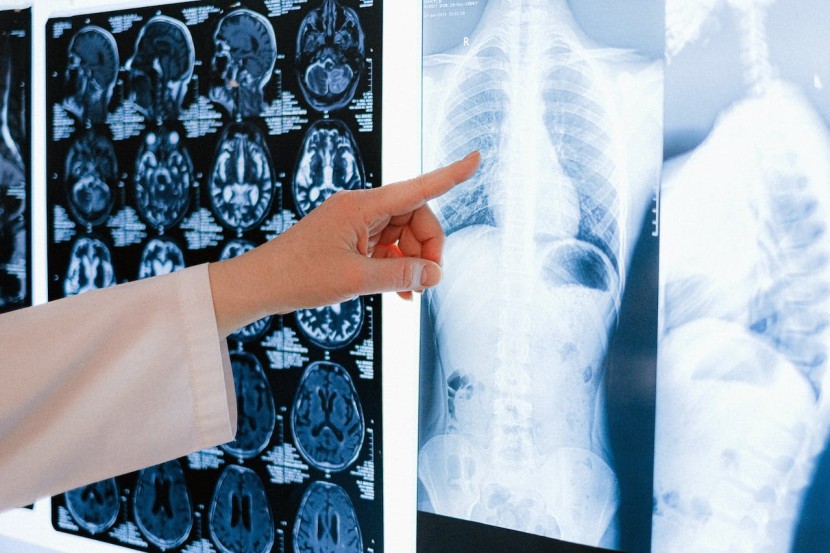Researchers have proposed that a blood test that can assess the biological age of an individual's organs might aid in preemptive treatment and the prediction of the course of diseases like Alzheimer's.
Organs that were aging at a quicker rate than the rest of the body were more likely to develop disorders related to that organ within 15 years, according to a study conducted by American scientists.

Machine Learning Trained to Measure Blood Protein
Members of the team from California's Stanford University employed machine learning to determine how much protein was in people's blood. The brain, heart, lungs, kidneys, liver, pancreas, gut, immune system, muscle, fat, and vasculature were among the 11 organs, systems, or tissues that were the subject of the research.
The researchers at Knight Alzheimer Disease Research Center used blood samples from 1,398 healthy individuals to train their algorithm, which included checking the levels of over 5,000 proteins. They were primarily middle-aged or older, although their ages spanned from 20 to 90.
Proteins for which the gene activation was four times higher in one organ than in another were identified by the researchers. They trained the computer to use 858 organ-specific proteins as a basis for age estimation.
"We can estimate the biological age of an organ in an apparently healthy person. That, in turn, predicts a person's risk for disease related to that organ," said lead author Tony Wyss-Coray of Stanford University's neurology department and the DH Chen Professor II.
Over the course of five groupings, the team of scientists evaluated their approach with 5,676 patients. According to The Guardian, the study's findings found that almost 20% of patients had significantly accelerated aging in one organ and 1.7% in more than one. Rapid organ aging was associated with a 20% to 50% increased risk of death, according to the researchers.
A 250% increased risk of heart failure was associated with accelerated heart aging. Meanwhile, accelerated vascular and brain aging outperformed the best blood-based biomarker for predicting Alzheimer's development.
By keeping tabs on the well-being of seemingly healthy individuals, Wyss-Coray hoped to discover which organs were experiencing accelerated aging in people's bodies. This could lead to the possibility of treating people before they become ill.
New Approach to Alzheimer's Disease Prognosis
"The diseases that cause dementia, like Alzheimer's, can begin in the brain decades before symptoms appear," said Dr. Leah Mursaleen of Alzheimer's Research UK in response to the findings. She pointed out the need to discover easy ways to correctly identify those most at risk of getting Alzheimer's since new medicines are only effective in the early stages of the illness.
"This study suggests that looking at what's in our blood can provide a vital 'window' to look at what's happening deeper inside our body--including at the level of individual organs like the brain," Mursaleen added.








